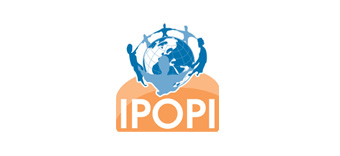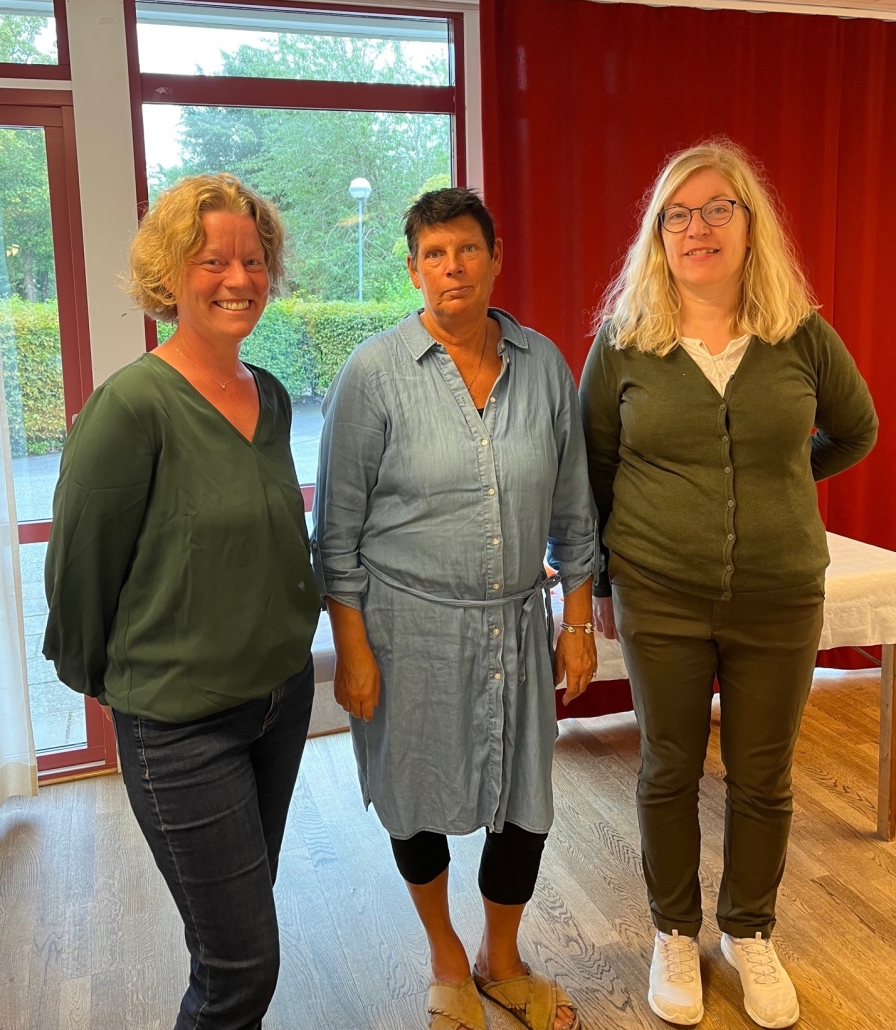March 20, 2024
Educating patient advocates and spreading the word about patient-centred care
With support from a grant from the Swedish National Board of Health and Welfare, the Swedish patient organisation PIO has initiated a project focused on improving patient-centred care for people with primary immunodeficiencies and improving equal access to the best possible care and treatment.
As part of this project, the board members of the organization as well as representatives from the regional organizations within the NMO have been invited to take part in training on how to make the best impact as a patient advocate and on patient-centred care. The trainings have been partly self-paced with pre-recorded web content and combined with Zoom meetings and an in-person discussion meeting.
The training on patient-centred care has covered the research behind patient-centred care, the benefits of patient-centred care both for the patients and for the health care system and our rights as patients with regards to health care situations.
To include as many members as possible in the project, Maria Löfving and Anneli Larsson, chairperson and executive director of PIO, have during this fall also visited the regional organizations in different parts of the country to spread information about patient-centred care. During these meetups focus has also been on collecting experiences and thoughts from the members on how they experience their care and the interactions with healthcare personnel today. These collected insights will be combined with results from an upcoming survey that will be sent out to all members and serve as a basis for an analysis of how people with primary immunodeficiencies experience their care today concerning patient-centred care.
Maria Löfving, chairperson of PIO, says: ”I am very happy about the opportunity to carry out this educational project and grateful for the commitment and valuable input from our members. It will help us in our continued work for more patient-centred care for people with primary immunodeficiencies.”



